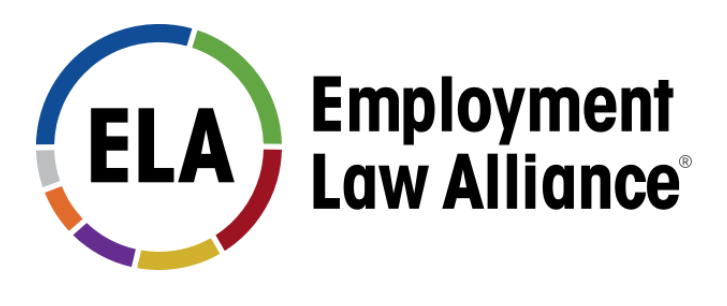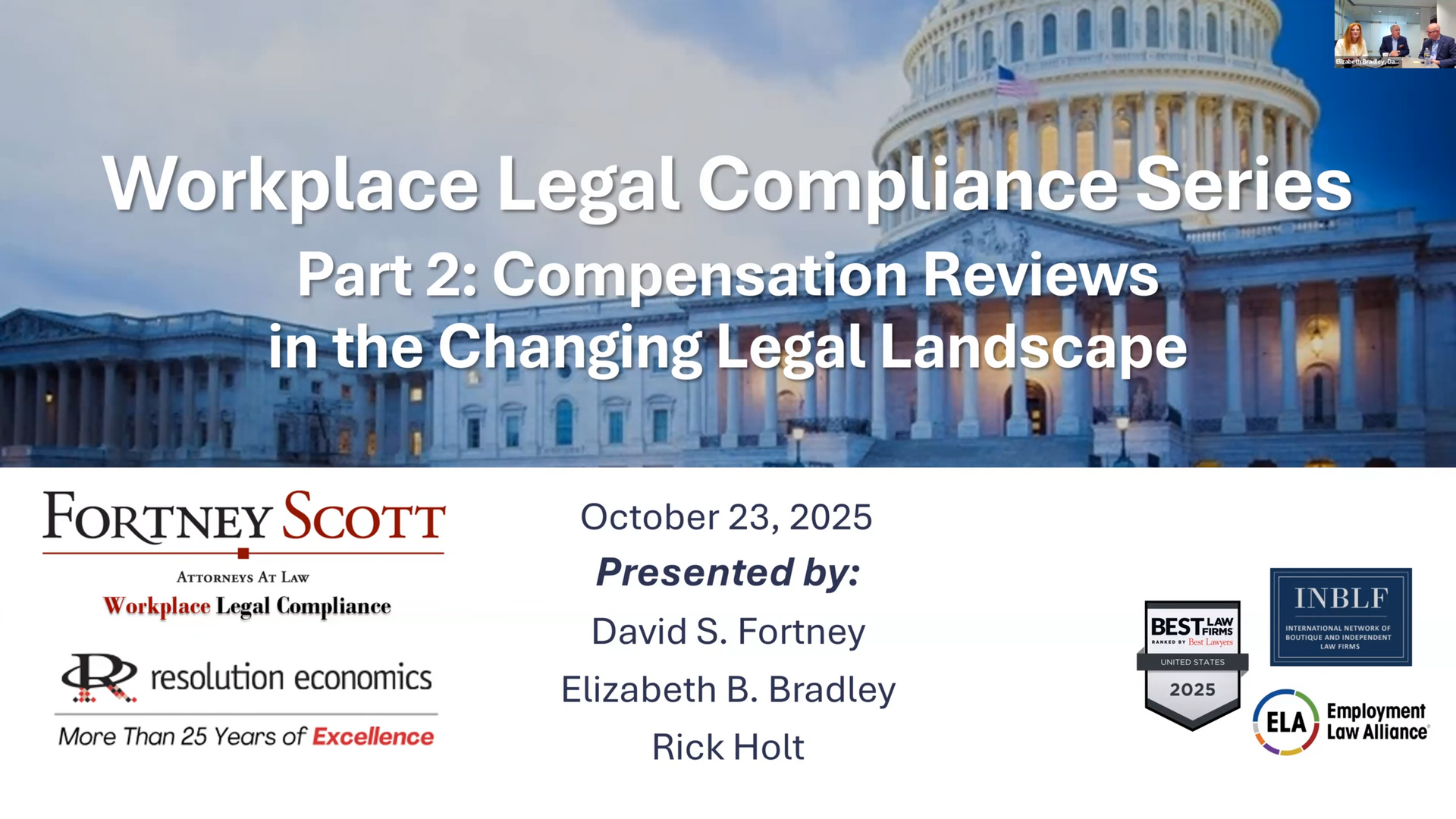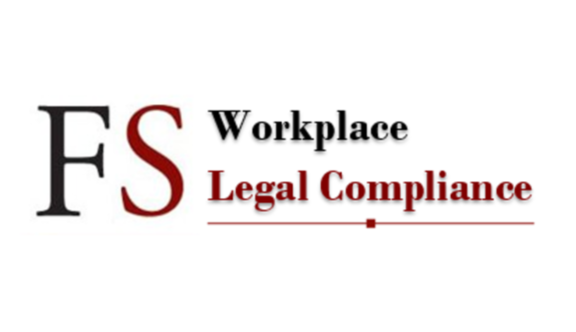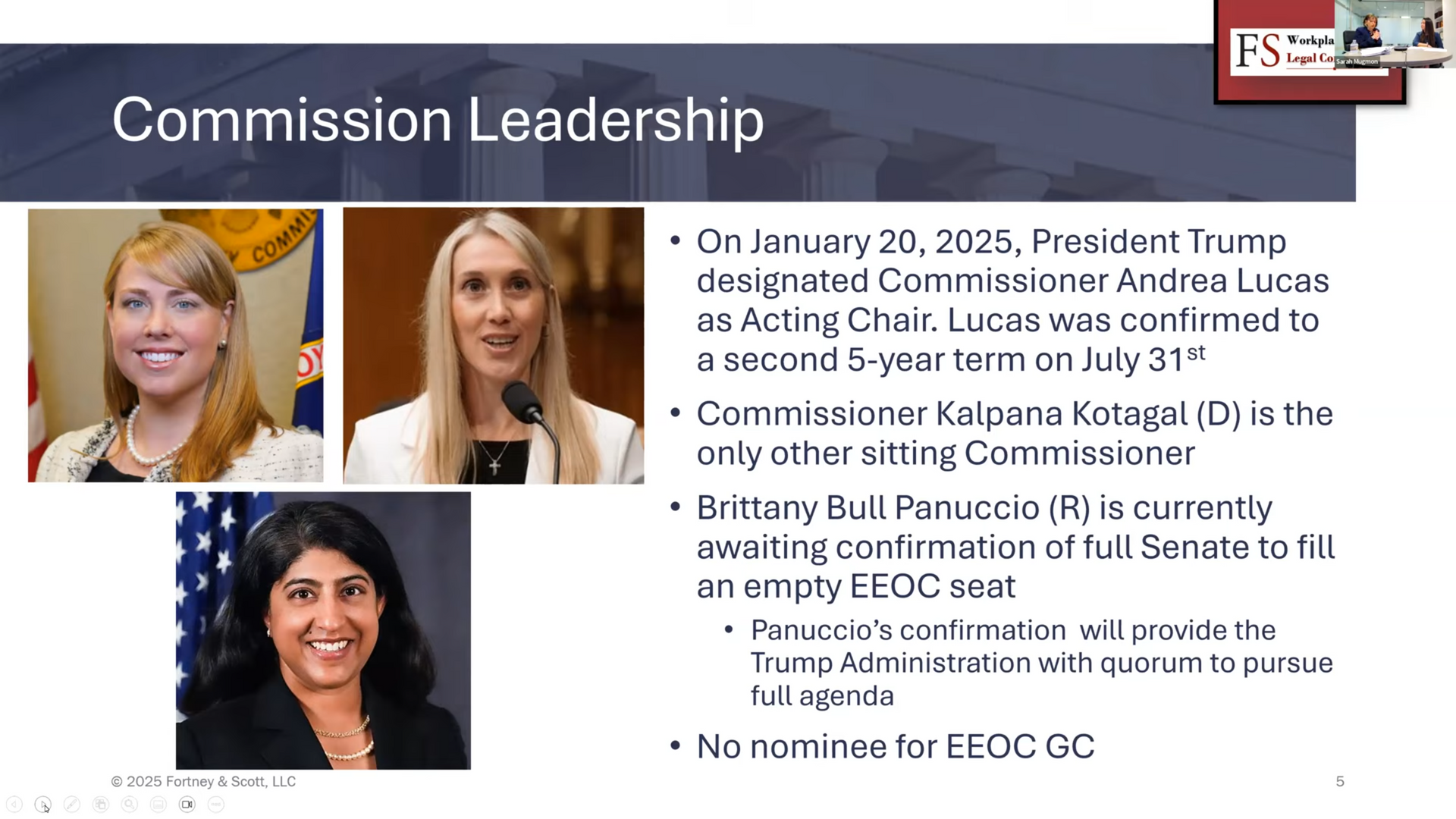Biden Administration’s Focus on Social Justice is Certain to Impact Workplace Policies
In his first week in office, President Biden took immediate steps to address a core pillar of his Administration’s agenda – dismantling policies and practices that promote persistent and systemic social injustice. As an initial step, the President focused his sights on federal policies and programs that impact Americans broadly and federal employees specifically.
- Executive Order 13985, Advancing Racial Equity and Support for Underserved Communities, repeals Executive Order 13950, known as President Trump’s “Anti-Bias Training” and requires federal agencies to evaluate whether their programs and policies “perpetuate systemic barriers to opportunities and benefits for people of color and other underserved groups.” Agency heads are to deliver an action plan based upon their findings within 200 days to address barriers to equal opportunity. The Administration’s goal is to “root out systemic racism” and barriers that have perpetuated discrimination and the denial of civil rights and equality to underserved communities including individuals of color and others who have been marginalized.
- Executive Order 13988, Preventing and Combating Discrimination on the Basis of Gender Identity or Sexual Orientation, directs agency heads, in consultation with the Attorney General, to review all of their policies, programs, and regulations to ensure they are consistent with equal treatment and prohibit sex discrimination broadly including that based upon sexual orientation and gender identity. If Agency policies, guidelines, and programs are found to be discriminatory, agencies will be asked to revise or rescind such documents and implement guidelines that prohibit discrimination based upon sex.
- Executive Order on Enabling All Qualified Americans to Serve Their Country in Uniform repealed President Trump’s March 23, 2018, and August 25, 2017, Presidential Memoranda banning transgendered individuals from serving in the U.S. military.
While these Executive Orders focus on federal agencies’ policies and programs, they serve as a preview for employers. The EEOC and OFCCP are primed to tackle issues of systemic discrimination, in all its forms, in the workplace. Both newly appointed EEOC Chair Charlotte Burrows and OFCCP Director Jenny Yang are long-time worker advocates with decades of experience enforcing workplace civil rights laws.


















